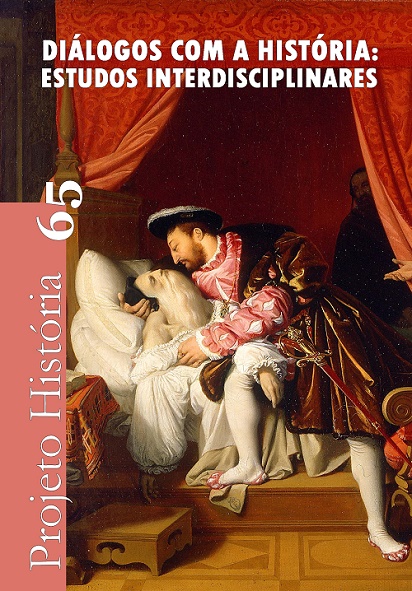HANNAH ARENDT AND THE DIABOLICAL MACHIAVELLI
DOI:
https://doi.org/10.23925/2176-2767.2019v65p203-249Keywords:
Machiavelli, Hannah Arendt, political violence, revolutionary processesAbstract
This article investigates Hannah Arendt 's conception of Machiavelli, specially Arendt´s texts intellectual maturity: the first one, originally written in 1963, On Revolution; and second, Between past and future, revised for Arendt in 1968. In a chain reaction cycle thought, Arendt attributed to Machiavelli an insufficient understanding of the Ancient Greek World, causing a vulgarisation of the myth of foundation. As a result, according to Arendt, the possibility of action for Machiavelli is restricted to the amoral adaptation of public life, using violence in politics through cynical actions, which ultimately influences the revolutionary statute of all subsequent violent revolutions. The problem of this analysis of Arendt runs through an unreasonable abstraction and a partial understanding of both the historical scene and the work of Machiavelli as well as of the contemporary world itself and the historical contingencies of revolutionary processes. And it aligns with the diabolical visualization of the Florentine thinker who took shape after the Council of Trent.Downloads
Published
2019-08-02
How to Cite
REZENDE, C. C. D., & Alvarenga, A. L. de S. (2019). HANNAH ARENDT AND THE DIABOLICAL MACHIAVELLI. Projeto História : Revista Do Programa De Estudos Pós-Graduados De História, 65. https://doi.org/10.23925/2176-2767.2019v65p203-249
Issue
Section
Artigos Dossiê
License

Este obra está licenciado com uma Licença Creative Commons Atribuição 4.0 Internacional.




